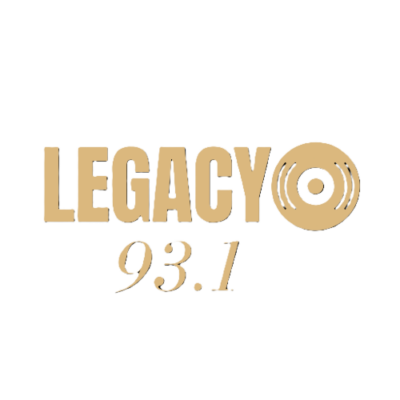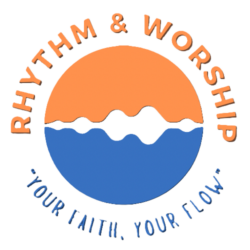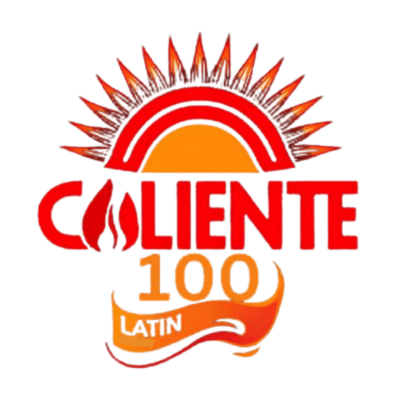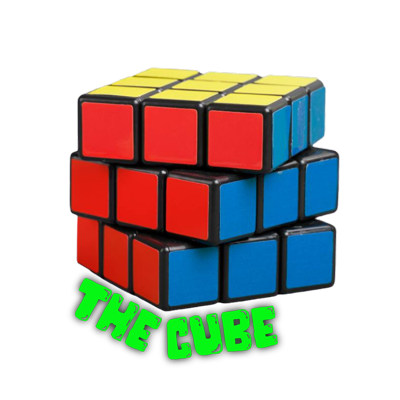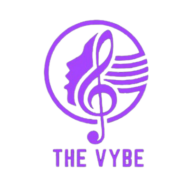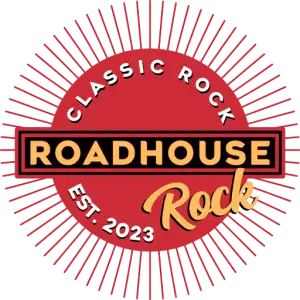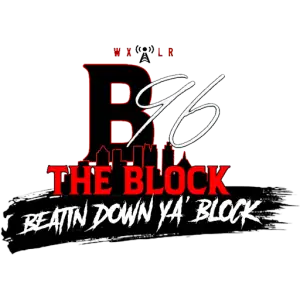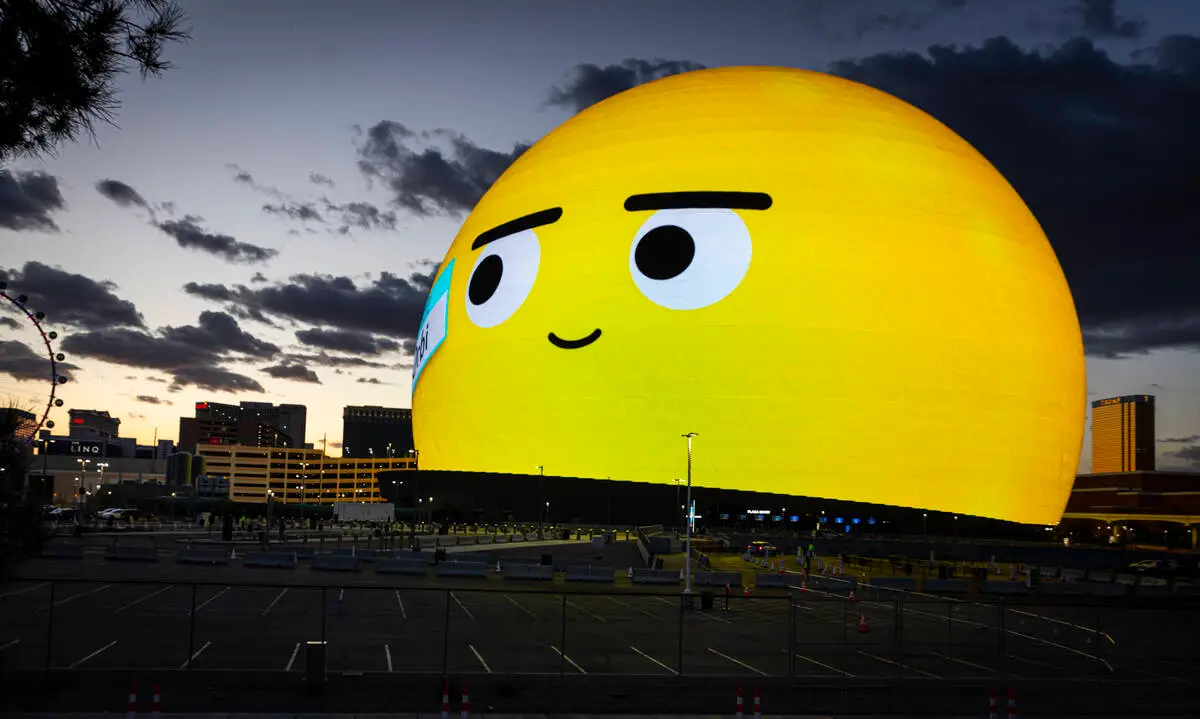The Boring Company is actively developing new stations for the Vegas Loop, with a focus on serving patrons traveling to and from the Sphere. Concurrently, efforts are underway to extend the Las Vegas Monorail’s operational life until at least 2035, ensuring a reliable transportation system until the Vegas Loop’s full expansion is achieved. This future network is planned to encompass 104 stations and 68 miles of tunnels, though a completion date remains unspecified.
In recent developments, Boring Co. acquired a 1.29-acre site at 3824 Paradise Road for $8.75 million, previously occupied by Firefly Tapas Kitchen & Bar. Another land deal is progressing for a 2.57-acre lot in the Howard Hughes Center, formerly the site of Gordon Biersch, as confirmed by Steve Hill, President and CEO of the Las Vegas Convention and Visitors Authority.
These stations will be linked to the University Center loop, already under construction, which initiates between Paradise Road and University Center Drive. The new station at the former Gordon Biersch site is expected to expedite operations along Paradise Road, serving the Hughes Center and being positioned close to the Sphere, thereby acting as a primary station for the attraction.
Beyond these developments, the Vegas Loop will feature additional stations connecting Virgin Hotels Las Vegas and extending to the Las Vegas Convention Center. This network will facilitate transportation to significant venues such as the Grand Prix Plaza during major events.
The current loop, restricted to a few locations including the Las Vegas Convention Center, will eventually expand to key sites like Harry Reid International Airport and the Sphere through strategic on-road routes for Tesla vehicles.
As the Vegas Loop progresses, the Las Vegas Monorail is undergoing essential upgrades to extend its service life. The initial phase includes a $1.9 million investment to enhance fare systems with cashless, ticketless options. This involves adding new fare gate pedestals, updating point-of-sale hardware, and modernizing fare boxes to accept QR code payments. Further upgrades, particularly the monorail’s control system, are planned, with costs estimated between $6 million and $8 million. Overall, a $12 million budget is allocated for these improvements to ensure the monorail remains operational into the 2030s.





